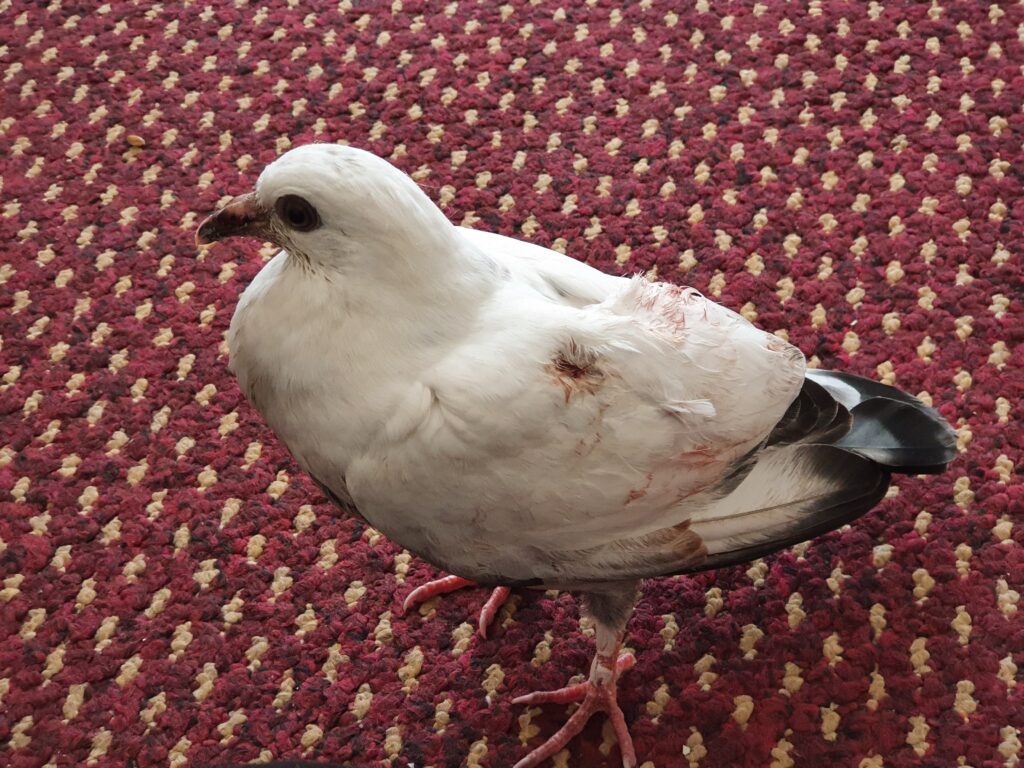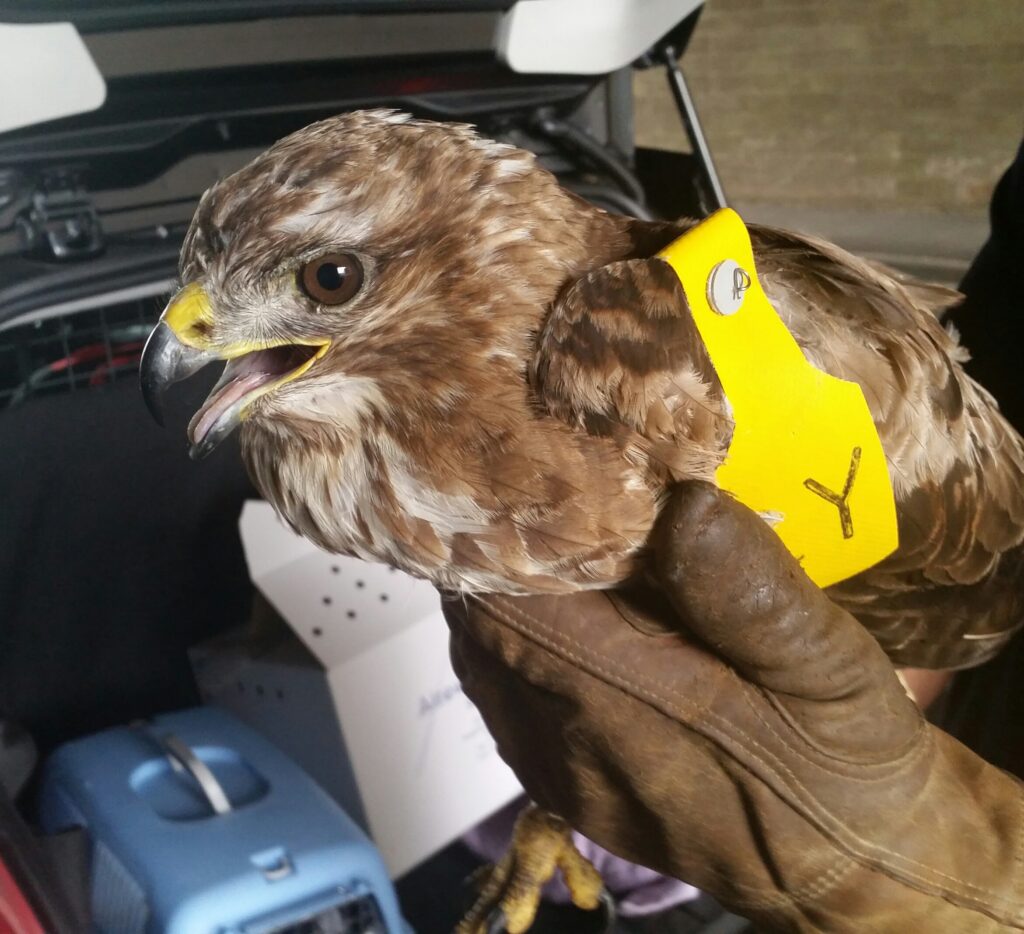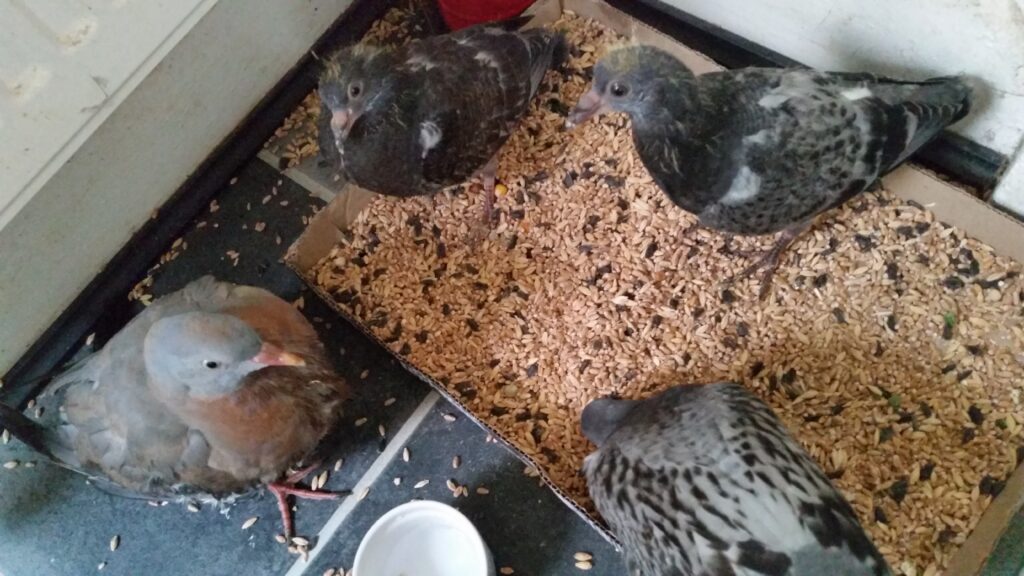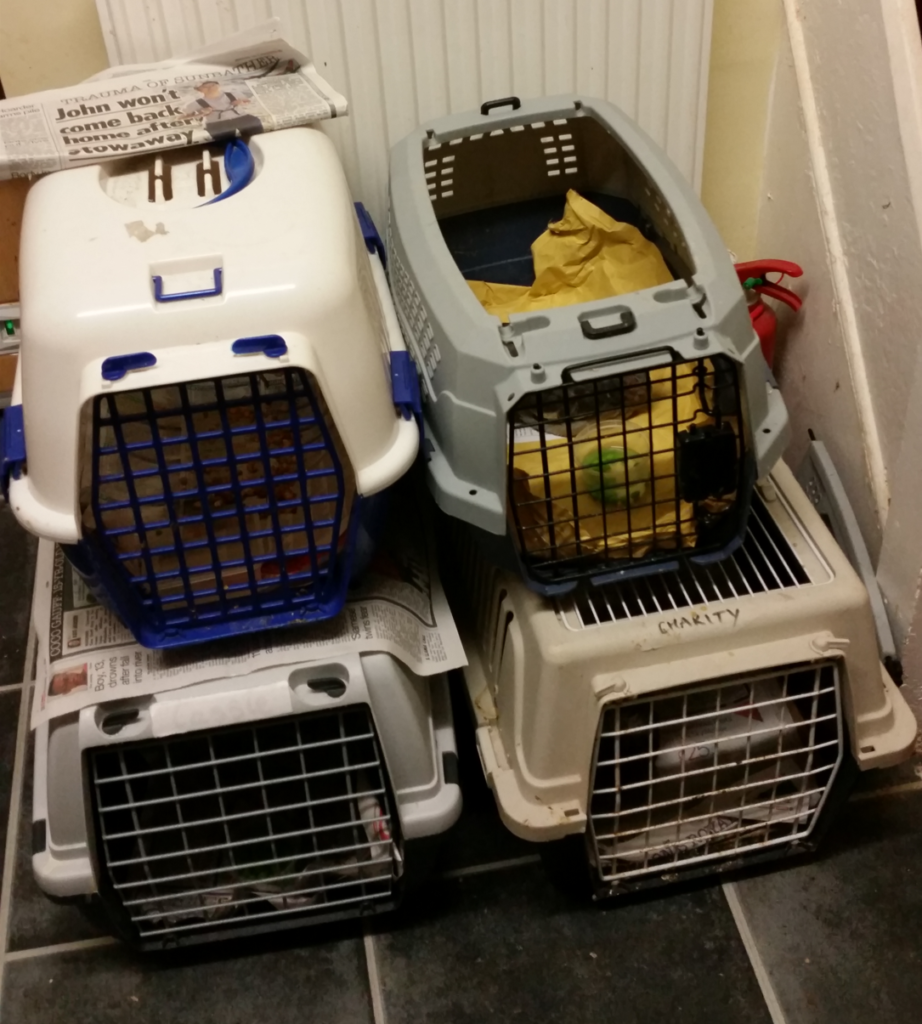Selfish / Negligent behaviour & actions, some times accidental, can lead to wildlife being harmed. As someone who’s main hobby was pretty much IT from the age of 9/10, it was a surprise to myself that I would eventually become involved in rescuing wild birds.
Driven by becoming the owner of a pet parrot at the grand old age of 18, along with a eventual shift to a ‘vegan’ lifestyle, I had found myself helping numerous wild birds ranging from Pigeons and Gulls to Swans and Buzzards. More recently and probably unknown to a lot of my colleagues etc at work, I would essentially work, study and do wildlife rescue with essentially no break for 3-4 years. At one point I had a call out at 11.30pm on the night before my JNCIA-Junos exam in 2016!
Whilst for a number of reasons, this isn’t something I am as heavily involved with now directly – for health reasons, it is still something I am deeply passionate and still support indirectly whenever possible. Whilst some people consider some wild birds ‘vermin’ due to myths perpetuated by the greedy ‘pest control’ industry – many of whom bend often unenforced wildlife legislation for their own financial greed.
Here are some of the rescues from the last couple or so years – some assisted by our great fire service. I have decided to leave out the gory ones where pest controllers or members of the public have shot at wild birds and left them to die a slow death.
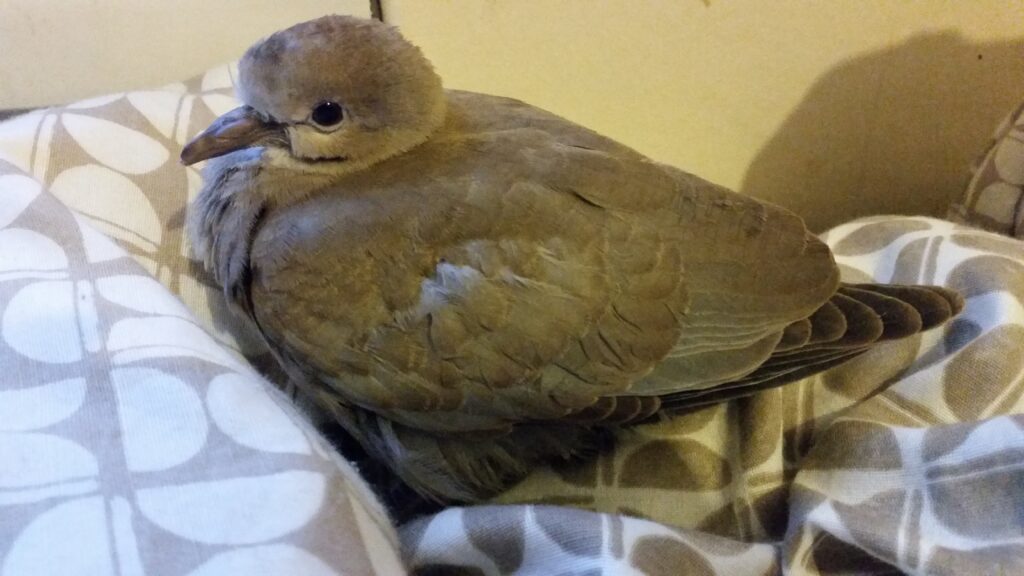
A baby collared dove – they are prone to calcium deficiency a a young age, demonstrated by a degraded tail feather structure. This particular one was a bit more lucky
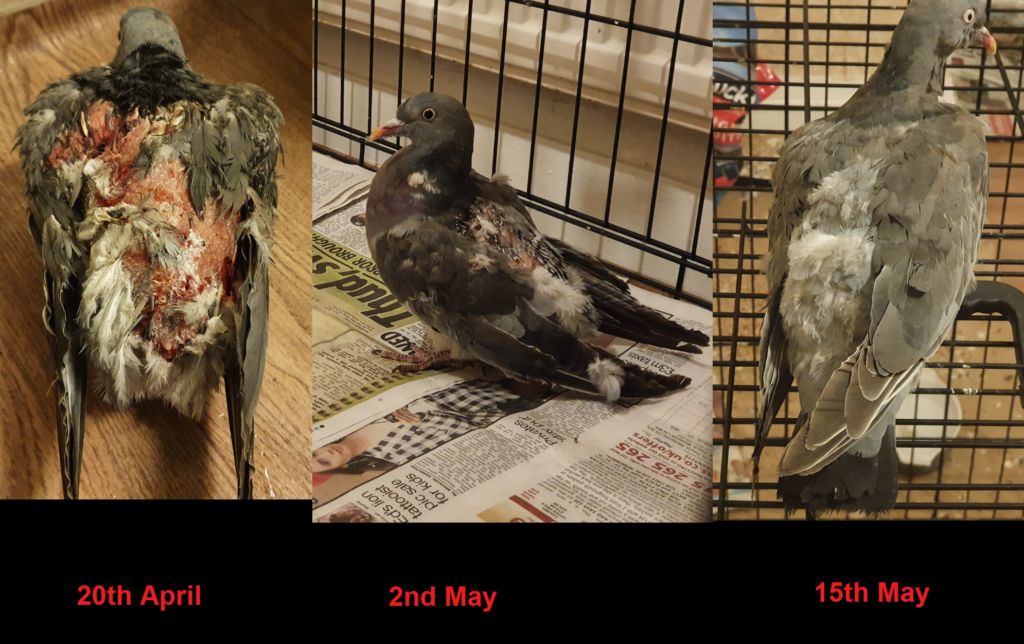
Unknown to many, due to a bacteria called Pasteurella carried by cats, any cat attacks on Wild birds can be lethal if left untreated. Should this bacteria make its way into the blood stream of a wild bird, it will eventually cause Septicaemia and a likelihood of death.
This Wood pigeon was very lucky, after wound cleansing, being given pain relief and a course of antibiotics, it slowly recovered in Captivity before being transported to Linjoy Wildlife Sanctuary, one of many larger Wildlife rescues who supported me at the time.
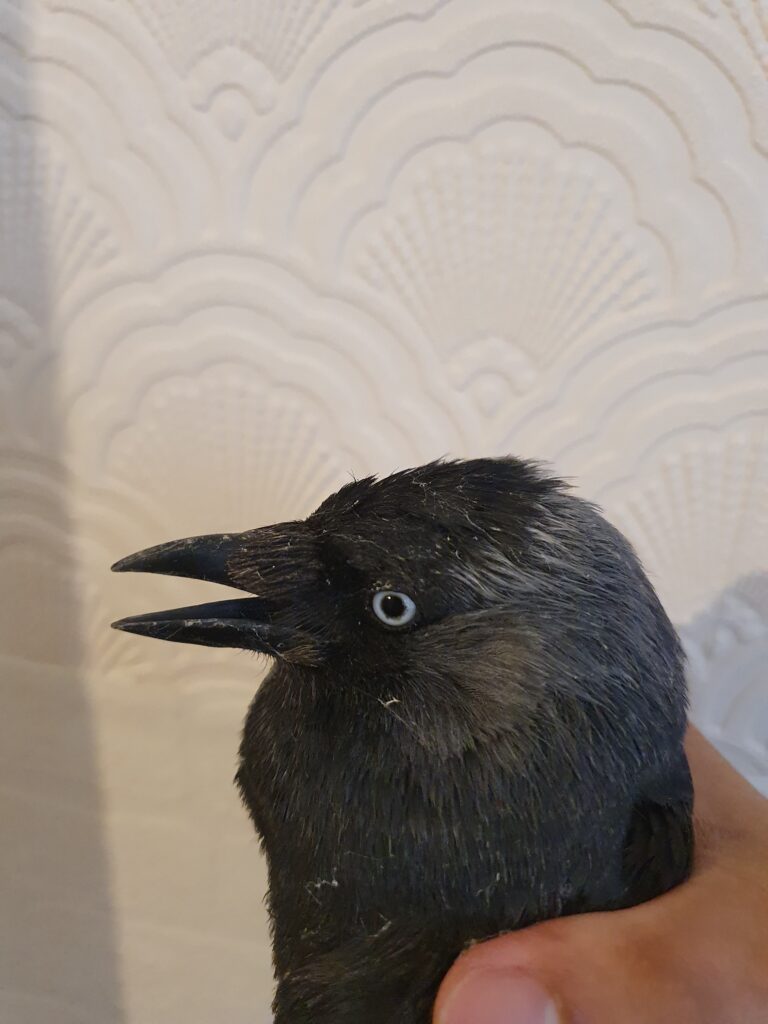
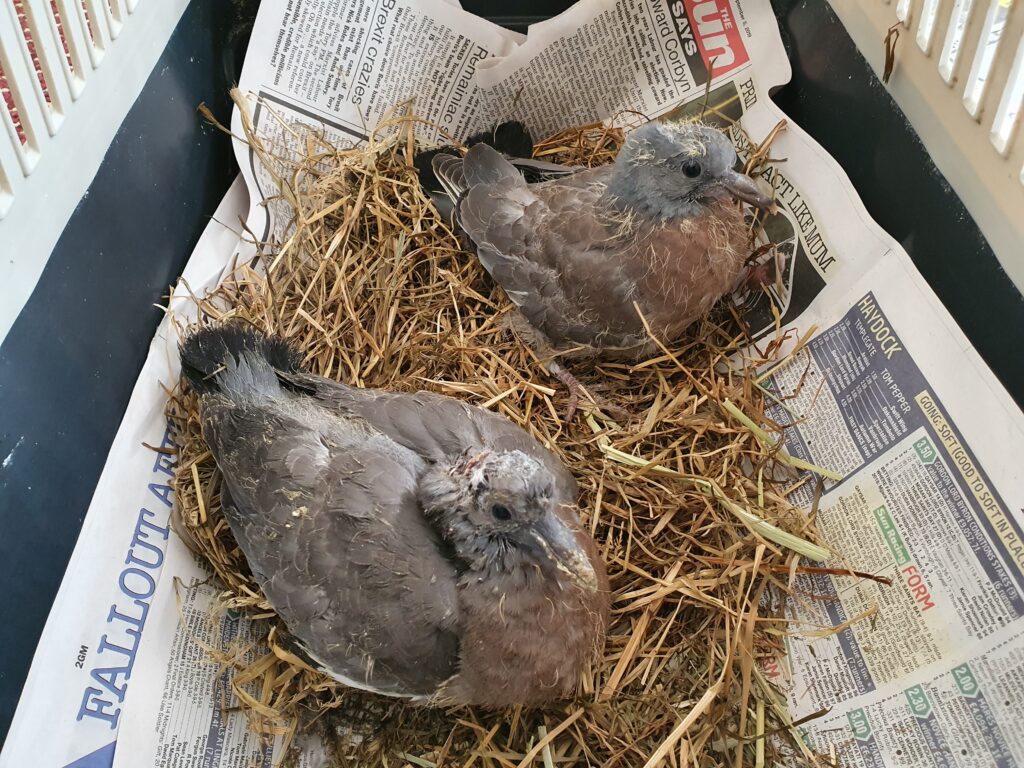
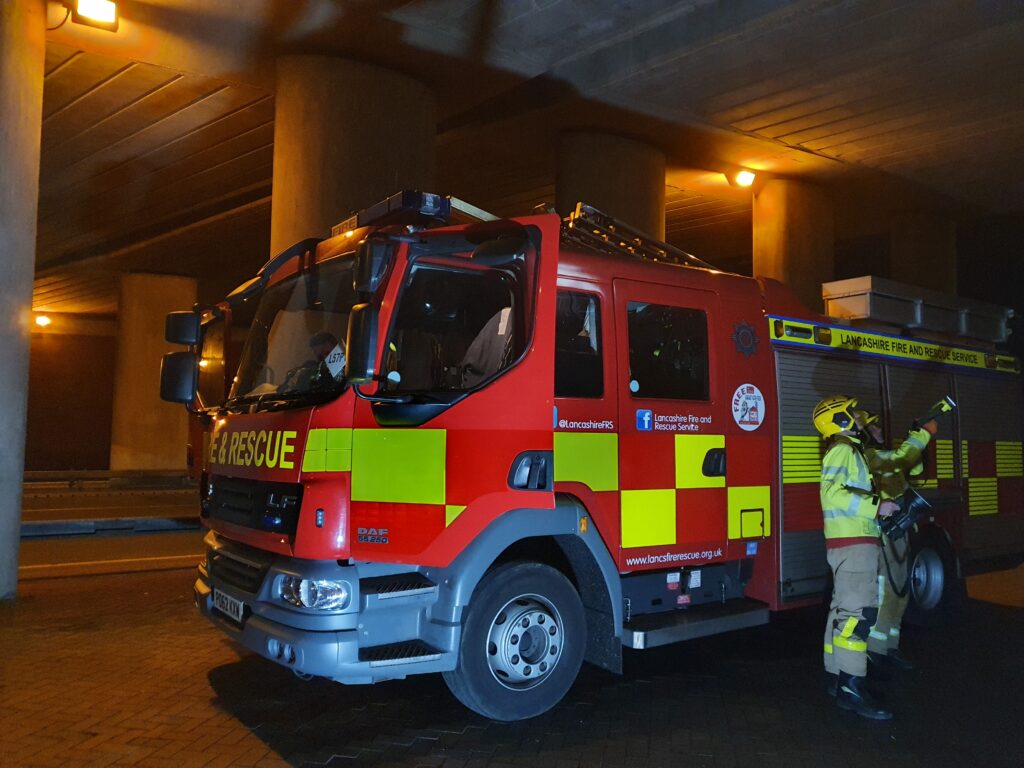
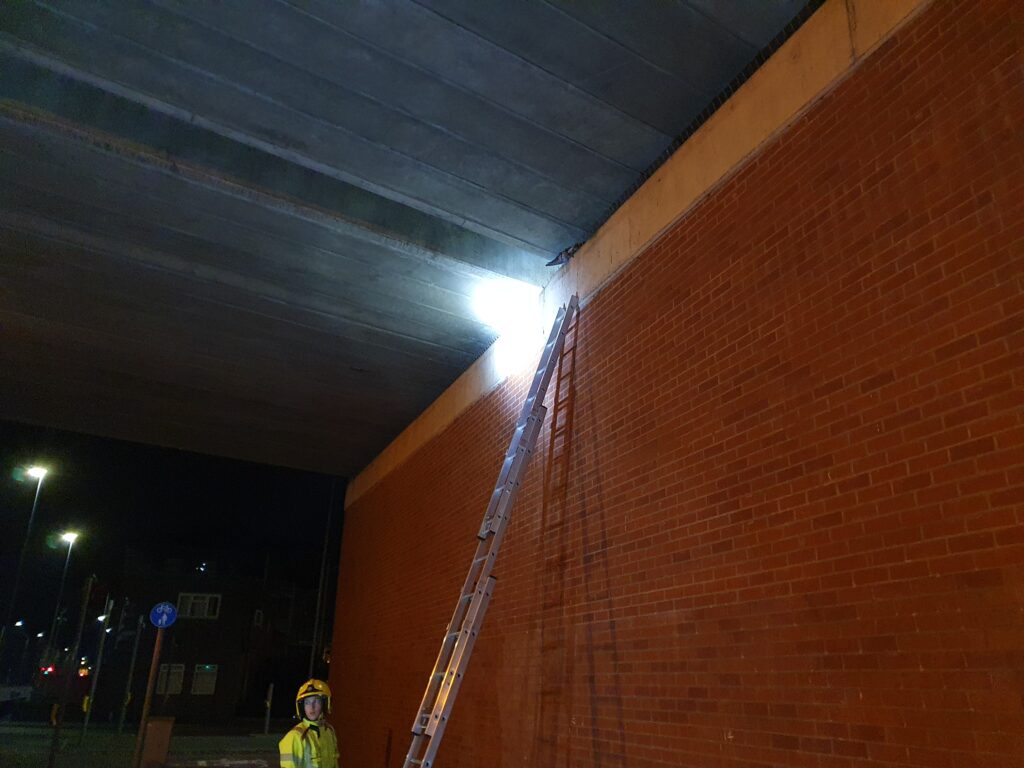
Improperly installed Bird deterrents can be Lethal as observed on these spikes under a busy bridge. One pigeon was rescued, unfortunately another wasn’t as lucky.
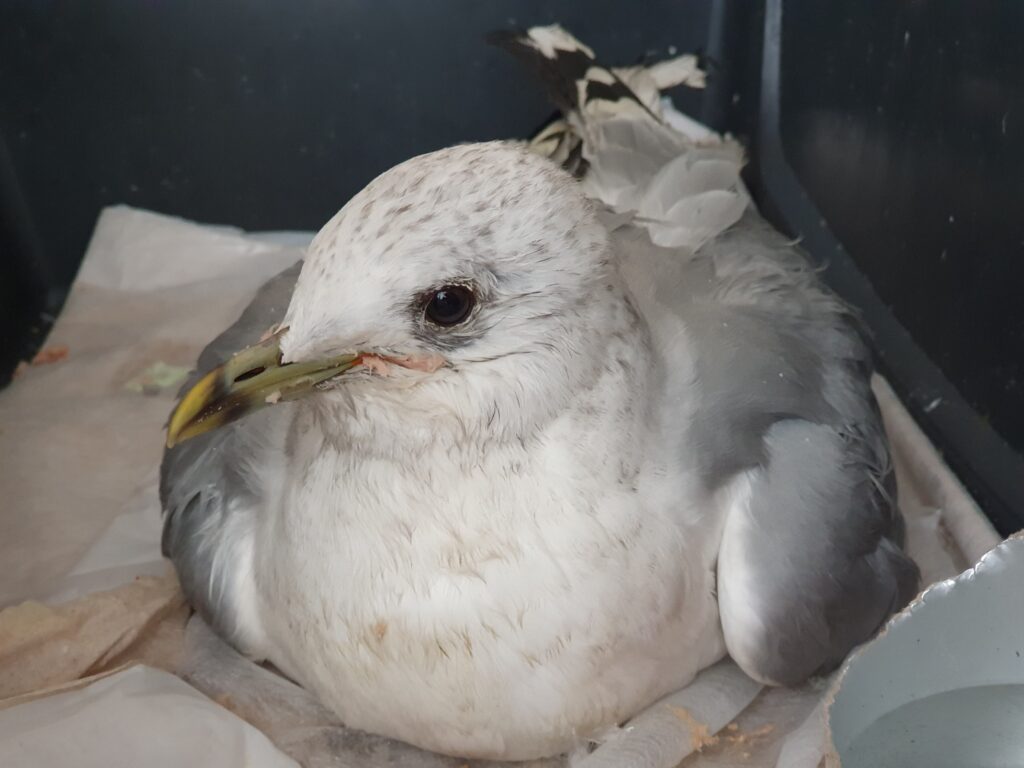
One of the hardest rescues emotionally had to be this common gull. Victim to discarded fishing line and hook which I removed with assistance of the finder, during the initial UK COVID lockdown. Once taken in and being provided food, it was clear something wasn’t right as the gull had no appetite whatsoever.
After a couple of days of hand feeding, which was reacted to by regurgitation of food, a vet visit was made where a X-ray appeared to show a cardboard like substance in the stomach. One gracefully subsidised stomach operation later by TVHC, there appeared to be no improvement. Unfortunately 1 day after the operation the gull passed away.
Whilst the fishing line can’t be guaranteed to have been the cause of the gull’s eventual demise, it was highly likely to be and also highlights a re-occurring theme in wildlife rescue – Human negligence.
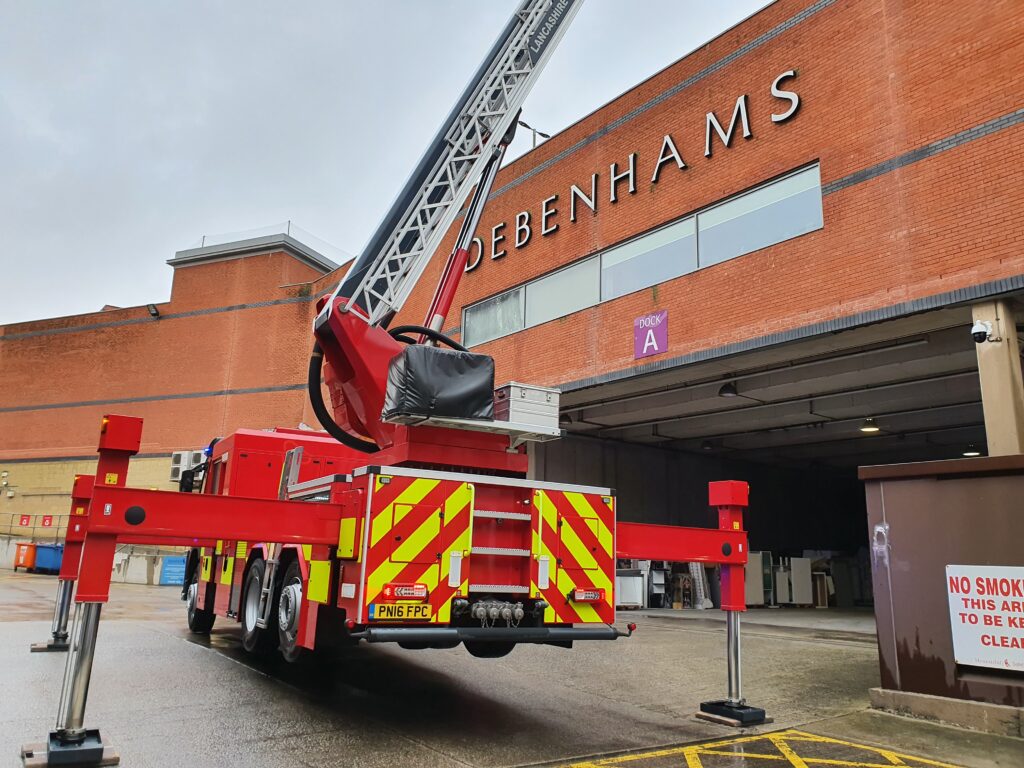
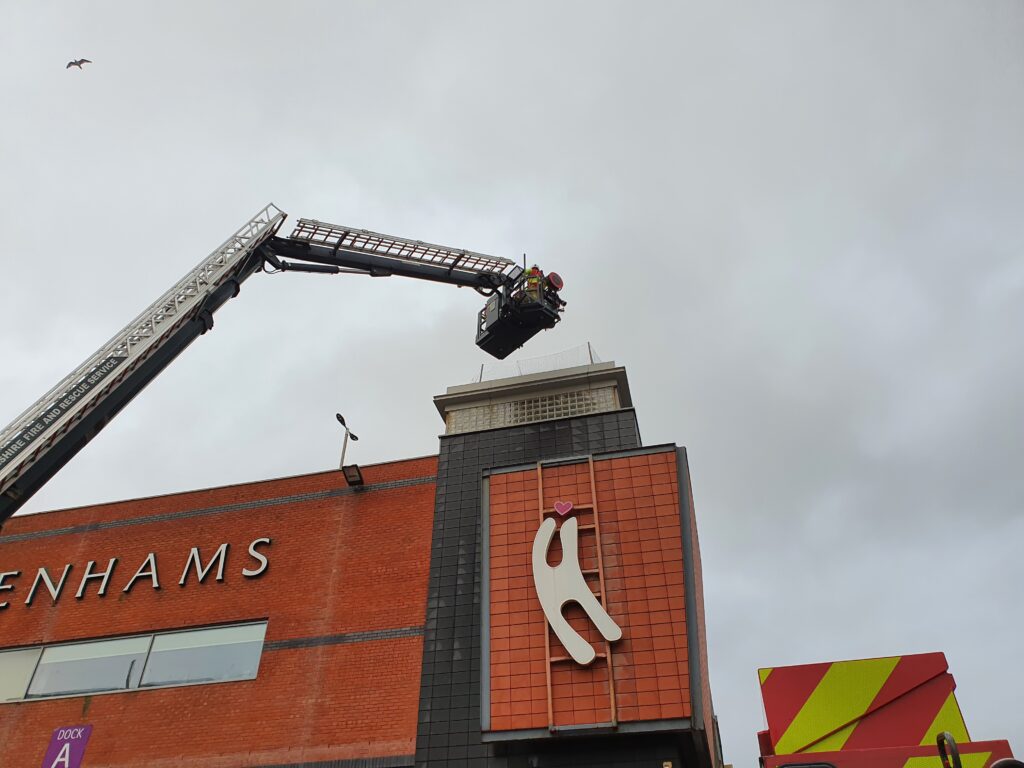
In another case of improperly maintained / monitored bird deterrents, this netting on a busy Shopping Centre had a gull trapped in it. Given the windy and humid weather at the time (August) and having no direct access to the roof for visual verification, the local fire station made sure they would try save it regardless, but we were unfortunately too late.
